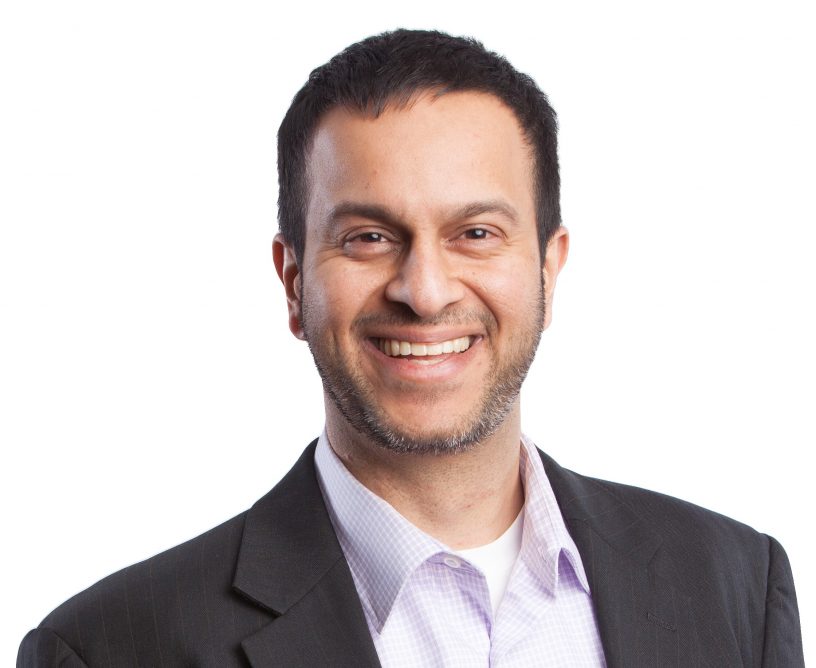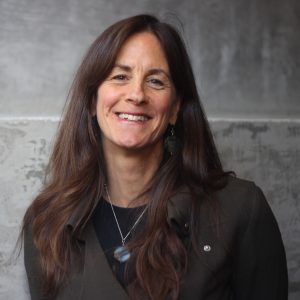Ashen Phansey is a recent addition to the MA in Sustainable Design faculty and will be teaching Biomimetic Design this fall. We are so excited to have him as part of our program!
Asheen (he/his) is the CEO of Eleven Radius, an industry group for dynamic fashion companies committed to the circular economy. Prior, Asheen spent over a decade in corporate sustainability, serving as the global head of sustainability for the $4B tech company Dassault Systèmes, where he co-authored the aerospace sector guidance to the Greenhouse Gas (GHG) Protocol Corporate Standard and supported the Sustainable Apparel Coalition’s Higg Product eco-index.
Asheen received his Biologist at the Design Table (BaDT) certification from the Biomimicry Institute in 2007 and has been practicing and teaching biomimicry since. He worked as a Biomimicry Commercialization Consultant in the aerospace industry, and developed and taught the MBA course “Innovation Inspired by Nature”, which received positive press in BusinessWeek and The Economist.
Asheen serves on the boards of Net Impact and the Environmental League of Massachusetts (ELM) Action Fund. He speaks fewer languages than he’d prefer, runs and hikes less than he should, and drinks too much espresso and not enough bourbon.
Where are you currently living?
Boston, MA USA
What are you currently doing or working on?
I’m the CEO of Eleven Radius, a circular fashion collaborative membership platform
What is the most exciting or inspiring thing you’re working on now?
Building the circular economy in the fashion space!
What has been your proudest moment or project in sustainability or sustainable design?
Working with my counterparts in sustainability at Boeing, Airbus, etc. to co-author the Aerospace sector guidance to the Greenhouse Gas Protocol, which the entire aerospace manufacturing industry now uses to measure and reduce carbon. Hopefully we’ve moved the needle a bit!
What sustainability or sustainable design projects are you looking forward to working on?
I have a project underway now to design good metrics for measuring the success of a circular fashion business… really excited for the results!
What books have been most influential to your thinking or work?
Natural Capitalism, by Hunter Lovins, Amory Lovins, and Paul Hawken; Winners Take All: The Elite Charade of Changing the World by Anand Giridharadas
What people have been most influential to your thinking or work?
Janine Benyus, Ray Anderson, Hunter Lovins, Joel Makower
How have you applied what you teach in the program?
Yes! Biomimicry underpins the way I look at designing business ecosystems, and more broadly, how I define sustainability. In the words of Frank Herbert [Dune], “Life improves the closed system’s capacity to sustain life.”
What have you learned from your students?
In every lecture I’ve taught, I’ve learned how students understand, interact with, and make their own, the ideas of biomimicry. I’m excited to see all the things I’ll learn from MCAD students!
What do you teach in the program that you wish everyone would learn?
How nature has been teaching the principles of sustainability and sustainable design for 3.8 billion years — if only we’d stop to listen.
What recommendations do you have for people considering a career in sustainable design?
You don’t need “sustainability” in your title to design sustainably! Bring your sustainable design ethic to everything you do. It won’t always be received warmly, but when it is… you can change the world.
If you had a magic wand and could completely solve one sustainability problem, what would it be?
I would replace ignorance with empathy. Empathy for all life is at the root of solving all of our sustainability problems.
If you could give all students one piece of advice, what would it be?
Keep asking “why”. So much of why we make decisions in design, business, industry, etc. is because it’s “the way it’s been done.” But with ever-shifting technology and human behavior, there are boundless opportunities to do things better than they’ve been done before. Be confident in your vision, experiment boldly, fail and learn, have undying hope, see the world you believe in, find your allies, and go and manifest your vision together.
What makes you hopeful?
Two things make me hopeful. First, I was at the COP21 UN Climate Change Conference in Paris in 2015, at which the Paris Accord was signed; I’ll never forget the feeling of the city electrified by the historic moment of 196 countries coming together to speak with one voice that humanity will solve climate change.
But that’s in the past (and these days, 2015 seems a very distant past). What makes me continuously hopeful in the face of an often dark world is the refusal of young emerging thinkers, dreamers, activists, entrepreneurs, creators, leaders — to accept the world that is in the face of the world that can be…. must be.
How many shots of espresso do you drink per day?
I’m trying to cut back to 3, but most days I fail.
Thank you, Asheen!

